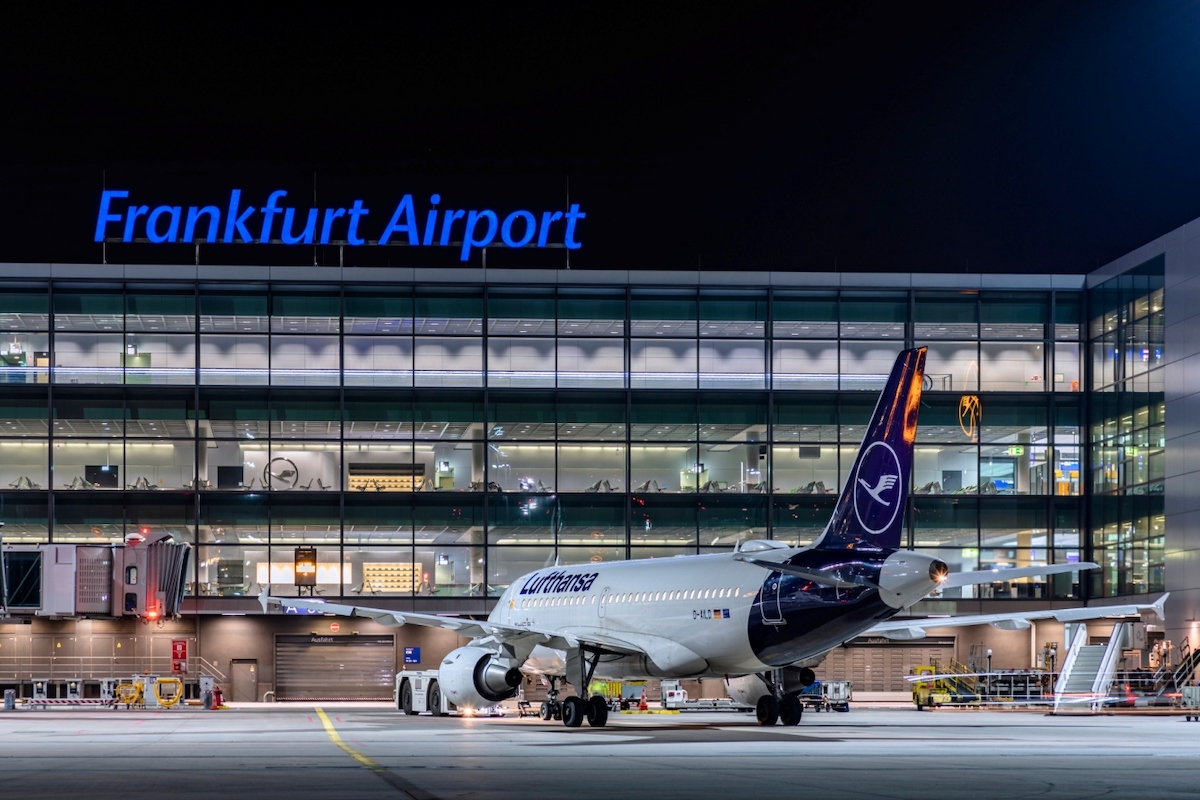Google's Flight Search Changes in Europe Get Thumbs Down from eDreams Odigeo

Skift Take
Under orders from the European Commission to enhance competition, Google plans to change the way it displays flight search results in European Union countries. But a major flights seller said it "firmly rejects" Google's plan as not going far enough.
Spain-based eDreams Odigeo, which touts itself as one of the largest third-party flights sellers in the world, said Google's plan continues to allow it to favor Google Flights over rival services.
Google's changes are meant to comply with mandates from the European Commission's new Digital Markets Act. eDreams Odigeo says Google's plan "continues to raise substantial competitive concerns within the travel retailing industry, particularly by perpetuating long-standing self-favouring practices that actively encourage consumers to remain within Google’s ecosystem."
What's the Fuss About Google Flights?Here's an example: When consumers search for "New

